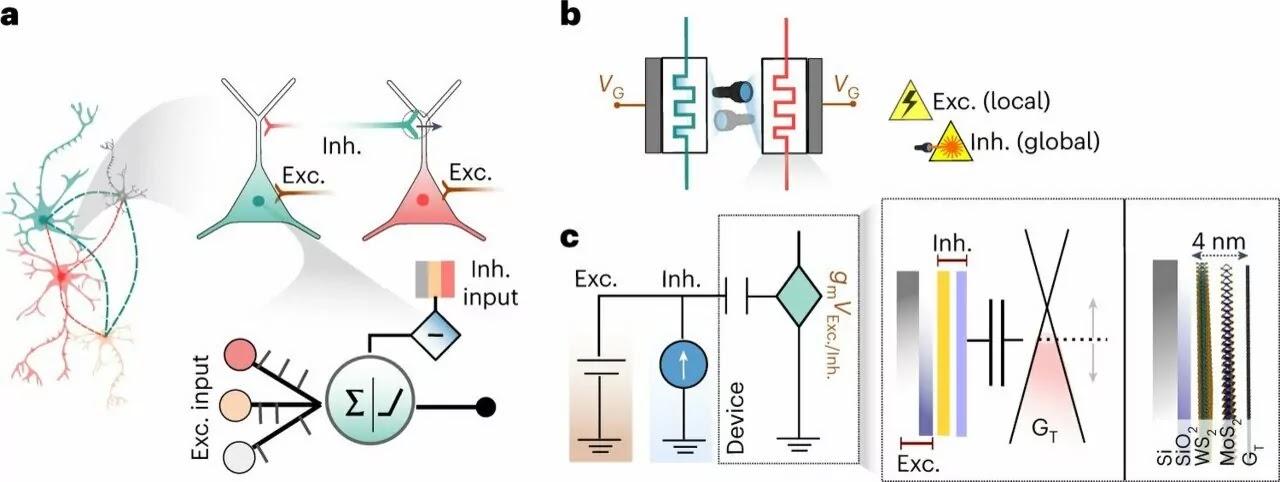Introduction: The field of Artificial Intelligence (AI) has seen significant growth in recent years, with machine learning being one of the most promising applications. Artificial neurons and organoid intelligence are two innovative approaches that are changing the way we understand and develop AI. In this article, we will discuss these two advancements and their implications for the future of machine learning.
Artificial Neurons Mimic Complex Brain Functions: Scientists at MIT and Harvard University have developed artificial neurons that can mimic complex brain functions. These neurons are designed to process and transmit information just like biological neurons in the human brain. The researchers used a new type of semiconductor material to create these artificial neurons, which allowed them to operate more efficiently and with greater precision.
The artificial neurons can perform a variety of functions, including pattern recognition, signal processing, and decision-making. They are also capable of learning from their experiences and adapting to new situations. This technology could have significant implications for the development of autonomous systems, such as self-driving cars and drones, which require complex decision-making processes.
Also Read:- 3D X-DRAM: The Future of High-Capacity Memory
- Best Steam Game Sales of April 2023: Portal and Devolver Digital
Organoid Intelligence May Power Our Computers: Organoids are miniature, lab-grown organs that can mimic the structure and function of real organs. Scientists have been using organoids to study disease and test drugs for years, but recent advancements have led to the development of "organoid intelligence". Organoid intelligence refers to the use of organoids to power machine learning algorithms.
Organoid intelligence has several advantages over traditional machine learning techniques. First, organoids can process information much more efficiently than traditional computers. Second, they can learn from their experiences and adapt to new situations, just like the artificial neurons discussed above. Finally, organoids are much more accurate than traditional machine learning algorithms, which can make mistakes or produce false positives.
Implications for the Future of Machine Learning: The development of artificial neurons and organoid intelligence has significant implications for the future of machine learning. These technologies could lead to the creation of more advanced and efficient autonomous systems, as well as more accurate and effective disease diagnosis and drug development.
However, there are also concerns about the potential misuse of these technologies. For example, autonomous systems powered by artificial neurons could be used for military purposes, which raises ethical questions about the use of AI in warfare. Similarly, the use of organoid intelligence for drug development could lead to the creation of highly targeted drugs that are prohibitively expensive for many people.
So, the advancements in artificial neurons and organoid intelligence are transforming the field of machine learning. These technologies offer exciting possibilities for the future of autonomous systems, disease diagnosis, and drug development. However, there are also concerns about the potential misuse of these technologies and their impact on society. As we continue to develop and refine these technologies, it is important to consider the ethical implications and ensure that they are used for the benefit of all.
Read More:- Jagged Alliance 3 Set to Launch This Summer with Physical Tactical Edition
- Protecting Yourself from Meta Page Scams on Facebook
That's it for this article.
Thanks for Visiting Us – Fixyanet.com





0 تعليقات